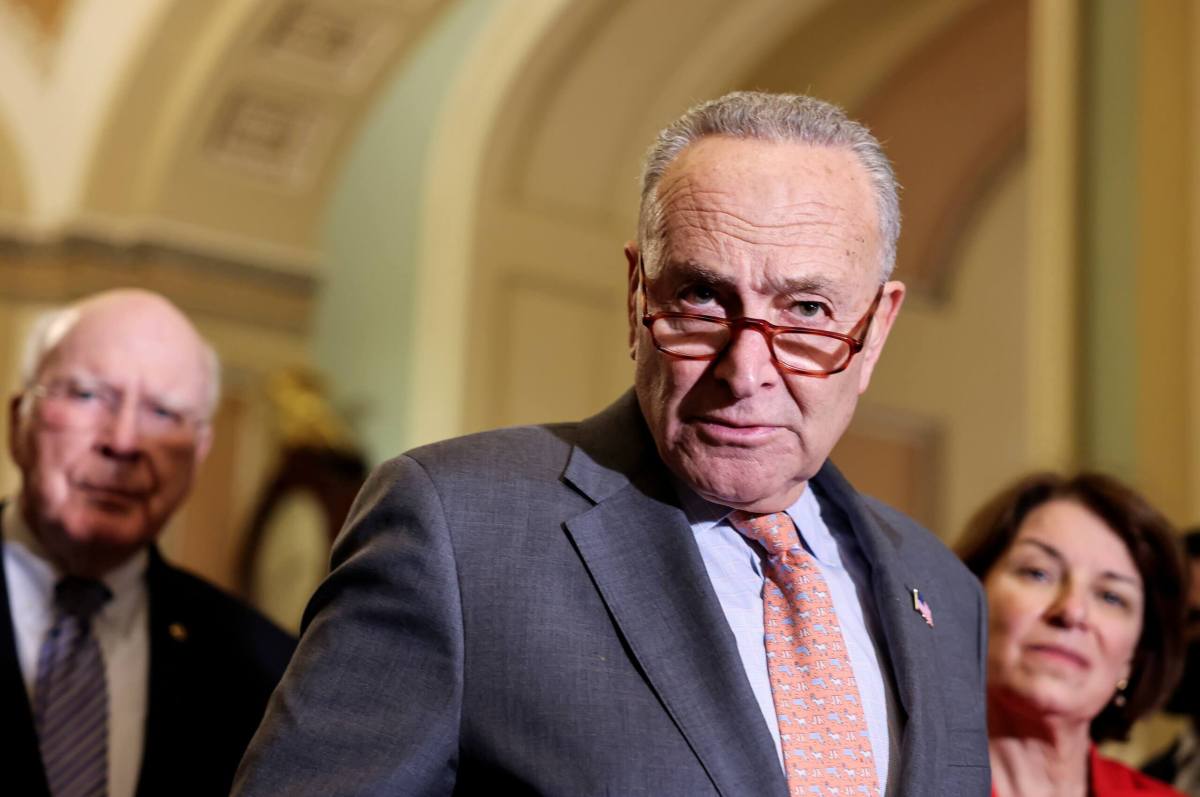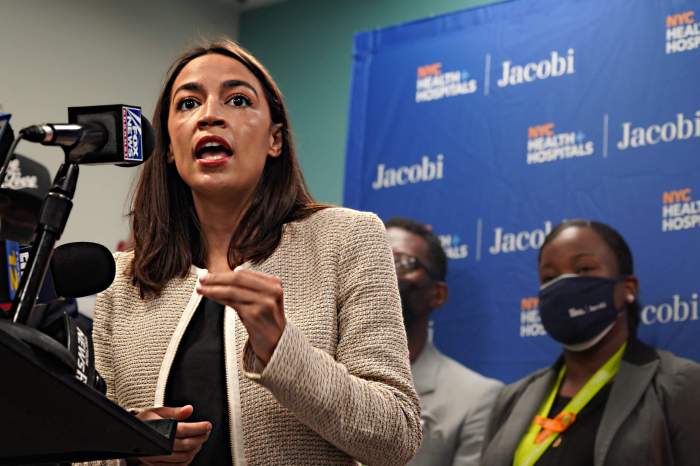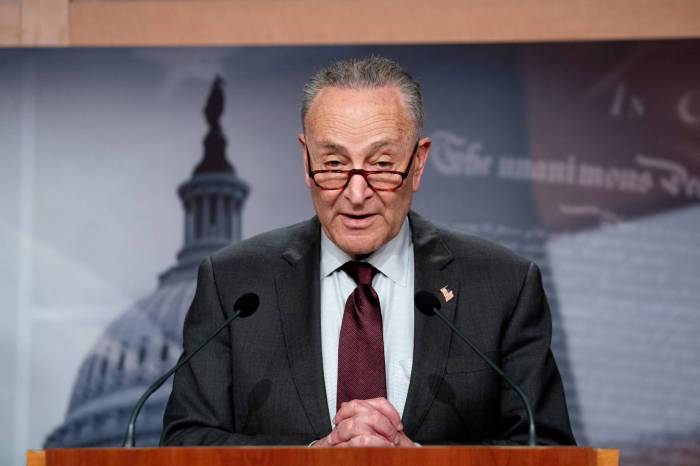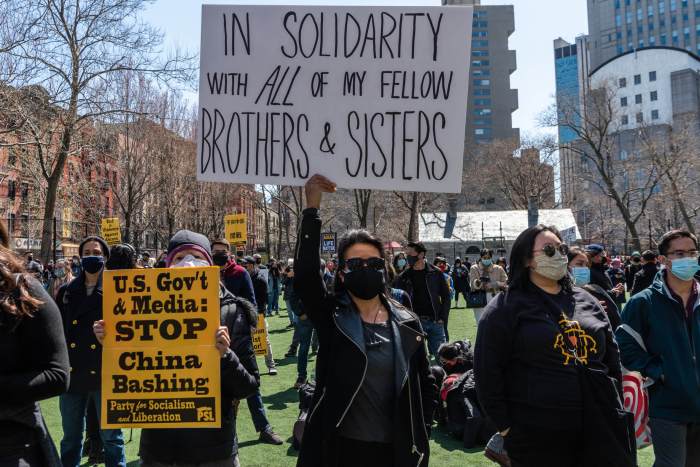President Joe Biden’s $1.75 trillion social-policy and climate-change legislation would raise less than $1.5 trillion in revenue, nonpartisan tax experts said on Thursday, but Democrats argued that the bill they aim to pass by Thanksgiving is paid for.
The official U.S. Joint Committee on Taxation issued a report scoring the “Build Back Better” legislation’s revenue provisions at $1.48 trillion over the next decade, some $270 billion short of the top-line spending figure.
But House of Representatives Speaker Nancy Pelosi and Ways and Means Committee Chairman Richard Neal said the difference would be made up by provisions intended to enhance the Internal Revenue Service’s tax collection and to lower the cost of prescription drugs for the Medicare healthcare program for the elderly.
“It’s an objective view that it is solidly paid for,” Pelosi told reporters after a meeting of House Democrats on the legislation ahead of a potential floor vote that could come Thursday or Friday.
It was unclear whether the Joint Tax Committee analysis would help ease the concerns of some moderate Democrats who have said they cannot support the social policy bill until they have cost estimates. Lawmakers have also been waiting on an estimate from the Congressional Budget Office.
The White House has estimated the legislation could raise up to $400 billion over the next decade by ramping up IRS tax enforcement and save another $145 billion from prescription drugs, according to a framework released last week.
In a meeting with fellow Democrats, Pelosi expressed hope for action on the social policy bill this week as well as on a bipartisan infrastructure bill that the Senate has already passed, a source familiar with her remarks said.
“Hopefully we’ll see if we have votes for (the social policy bill) tonight and [the bipartisan infrastructure bill) tomorrow morning,” Pelosi told Democrats, the source said.
If passed by the House, the social policy legislation would move to the Senate, where Senate Majority Leader Chuck Schumer said on Thursday that lawmakers would aim to enact it before the Nov. 25 Thanksgiving holiday.
If enacted, the legislation would raise $640 billion from tax increases on high-income individuals and $814 billion from corporate and international tax reforms from 2022 to 2031, the tax committee said.
The Joint Committee on Taxation is a nonpartisan committee of Congress made up of lawmakers from both parties who are aided by economists, attorneys, and accountants. It evaluates tax provisions in proposed legislation.
House Democrats, who have spent weeks bickering over the legislation, are looking to step up their work after a sobering defeat for their party in Virginia’s gubernatorial election Tuesday.
Congress faces another pair of critical deadlines in less than a month: They set a Dec. 3 deadline to avoid a potentially economically devastating default on the federal government’s debt, as well as to avert a politically embarrassing government shutdown.



































